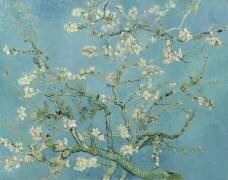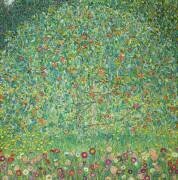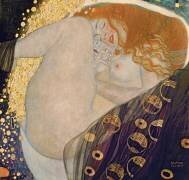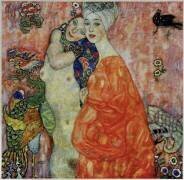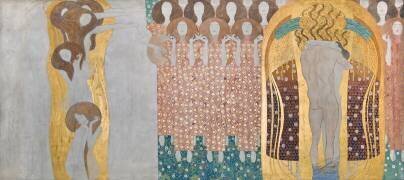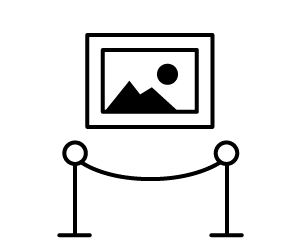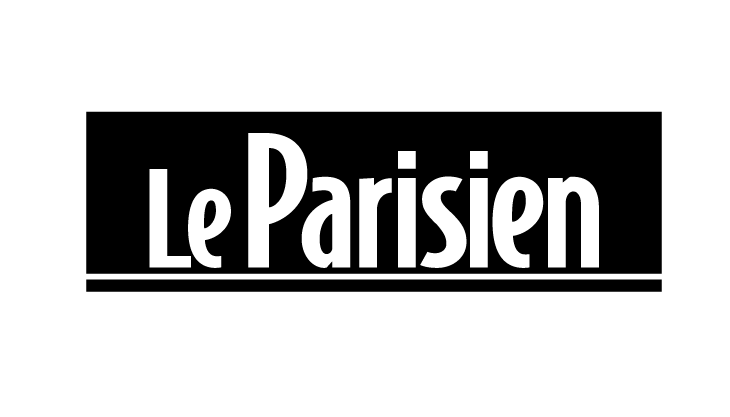Subjects: Keywords: (Ref : 78301) © Musée d'Orsay, Dist. RMN /Patrice Schmidt
Customise
Your art print
Jeune noir à l'épée OF Pierre Puvis de Chavannes
The artwork
Jeune noir à l'épée
The Young Black Man with a Sword is an oil painting on canvas produced in 1850 by the French painter Pierre Puvis de Chavannes (1824-1898), considered a precursor of modern art [ref. needed].
The painting, measuring 105 × 73 cm, depicts an armed teenager in a landscape of insurrection.
In the years 1830-1850, the warlike Orient was one of the favourite themes of the painters of the Romantic School. Eugène Delacroix and Théodore Chassériau, for example, depicted proud combatants at the heart of battles, or sometimes alone on horseback in twilight and stormy landscapes. Inspired by these two precursors, and above all by Chassériau, Puvis de Chavannes equalled his illustrious elders at the age of 26.
The nude of the subject must be interpreted as an antique nudity. The plasticity of the adolescent's body dazzles as much as it astonishes with its mysterious meaning: does the house burning in the distance on the hill suggest that the young soldier is indifferent to, or unaware of, the tragedy unfolding?
The sensual, silent nonchalance of the figure, the heavy, disproportionate sword carried by him like a toy, the reflections of light on his weathered skin, make this disturbing image a masterpiece of Orientalist painting.
His "symbolism is all about exploring beauty and the idea of a pure, ethereal world, in the wake of myths and legends".
In France, slavery was banned by the Convention in 1794, but Napoleon I reinstated it in the French West Indies in 1802. Minister Victor [...]
This artwork is a painting from the classical period. It belongs to the symbolism style.
« Jeune noir à l'épée » is kept at Musee d'Orsay, Paris, France.
Find the full description of Jeune noir à l'épée by Pierre Puvis de Chavannes on Wikipedia.





